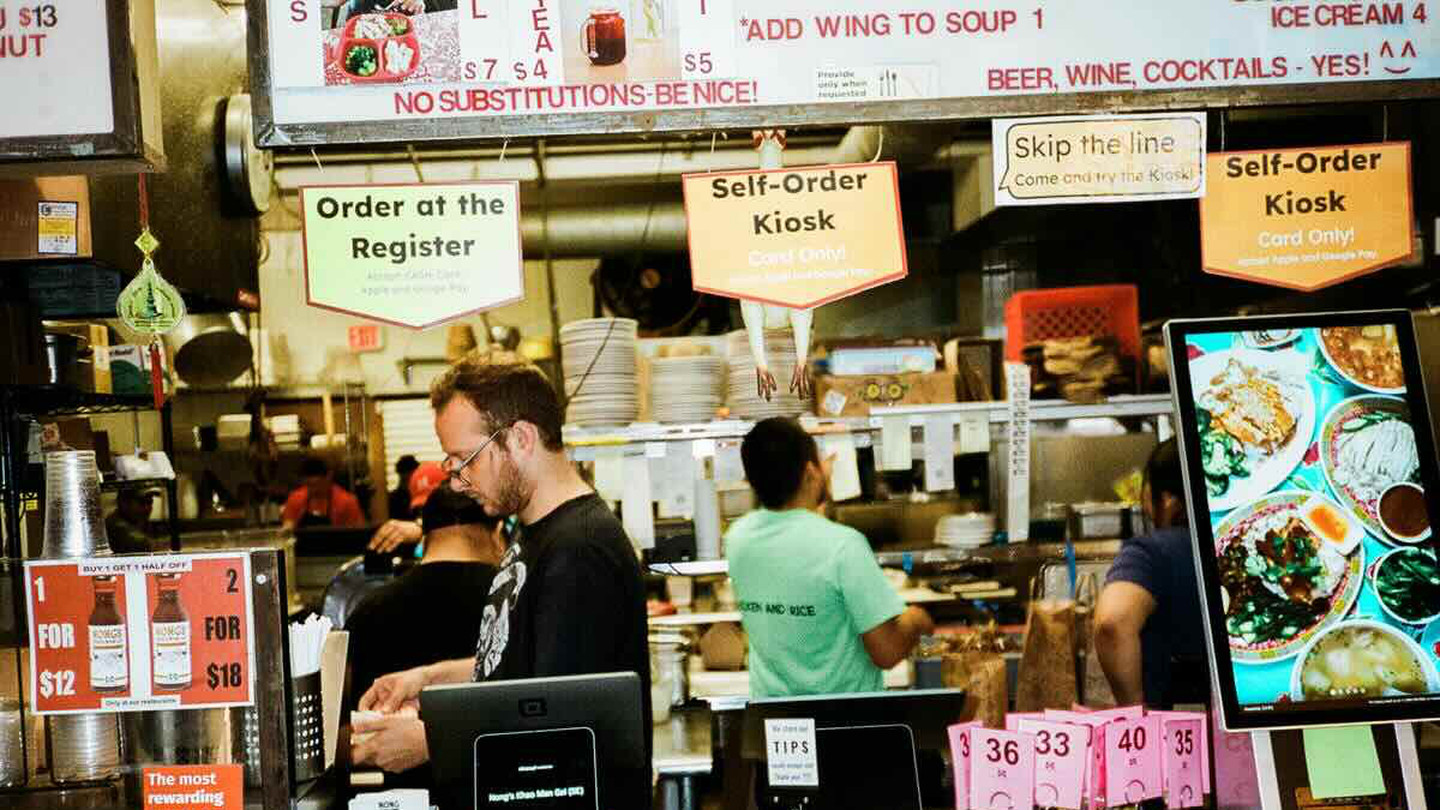As minimum wage laws tighten across the United States, the restaurant industry finds itself at a crossroads. Despite the legislative push to increase hourly wages, a surprising trend has emerged within the sector: many restaurants, particularly cafes and quick-service establishments, are spending less on payroll than they did a few years ago.
This change is unpacked in a new report by Square, highlighting the diverse financial strategies that various segments of the restaurant industry are adopting in response to wage hikes.

Full-Service Restaurants and Bars: Rising Costs Amid Regulatory Changes
In contrast to their faster counterparts, full-service restaurants and bars have seen an increase in payroll expenses. From 2019 to 2023, these establishments experienced a modest rise in payroll costs—approximately 1 to 3 percent. This uptick can be attributed to their reliance on skilled employees who perform tasks that are difficult to automate.
“Bars and full-service restaurants rely more on higher-skilled employees who perform hard-to-automate tasks, which increases payroll costs,” explains Ming-Tai Huh, head of restaurants at Square.
The Quick Service and Cafe Counterpart: Leveraging Technology for Efficiency
On the other end of the spectrum, quick-service restaurants (QSRs) and cafes have successfully reduced their payroll expenses as a share of total revenue—from roughly 36 percent in 2019 to about 34 percent in 2023 for QSRs, and from around 40 percent to below 39 percent for cafes.
This reduction is largely due to the integration of technology that allows these establishments to streamline operations and reduce the need for human labor.
“It’s the exact opposite situation for QSRs and cafes. These sellers can more easily use technology to automate and streamline operations, helping lower operating costs for front and back of the house,” Huh adds.

Legislative Trends and Local Responses
State and City Initiatives to Adjust Wage Standards
The adjustments in payroll expenses are occurring amid a wave of new minimum wage regulations aimed at ensuring fair compensation for restaurant workers. In the past year alone, 22 states have increased their minimum wages, with more local governments considering similar measures.
The changes are not just about raising the minimum wage; they also aim to phase out the tip credit, a policy that allows employers to pay tipped employees less than the minimum wage if their tips make up the difference.
Spotlight on Chicago and Seattle
Chicago and Seattle represent key examples of how cities are adapting to these changes. Chicago’s recent legislation will gradually raise the minimum wage for tipped workers from $9 to $15.80 by 2028 for businesses with more than 21 employees.
Seattle, meanwhile, has increased its gig worker minimum wage to $26 per hour before mileage and tips, although this has led to unintended consequences such as reduced orders on platforms like DoorDash and Uber Eats due to higher costs passed on to consumers.
Economic Implications and Industry Reactions
The Broader Economic Impact
The evolving wage landscape presents both challenges and opportunities for the restaurant industry. While higher wages can lead to increased employee satisfaction and retention, they also raise operational costs, which can be particularly burdensome for small businesses.
The industry’s response has been varied, with some embracing automation and others restructuring their service models to maintain profitability.
Voices from the Industry
The debate continues within the industry about the best path forward. Companies like DoorDash have expressed concerns about the sustainability of certain wage laws, suggesting that while well-intentioned, they may harm more than help.
“It’s painfully clear from listening to Dashers, merchants, and consumers that this new law simply isn’t working,” a DoorDash spokesperson remarked, highlighting the complex dynamics at play.

A Delicate Balance
As the restaurant industry navigates these turbulent financial waters, the impact of minimum wage increases continues to ripple across various sectors. The challenge lies in balancing fair compensation for workers with the economic realities of running a business in a highly competitive market.
As more states and municipalities roll out wage adjustments, the industry must continue to adapt, innovate, and perhaps most importantly, reassess how it values the labor that keeps it running.










